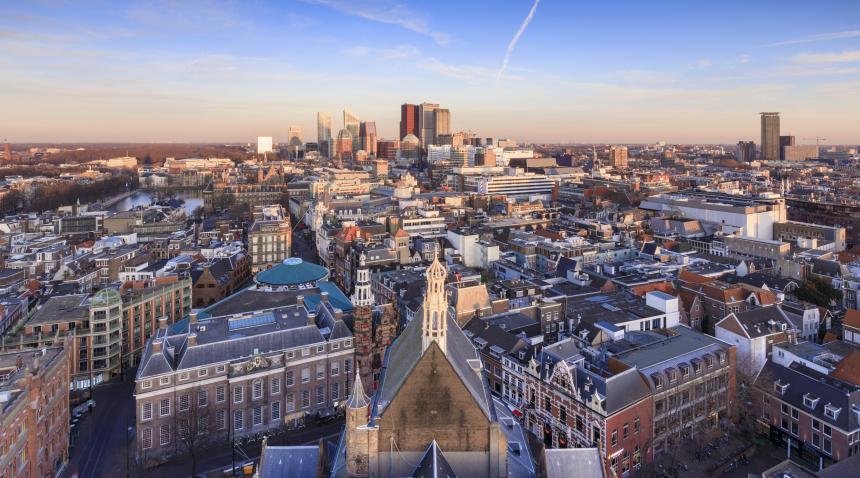
Family migrant permit
Many internationals planning to move to the Netherlands want to be sure that family members can accompany them or join them later. The Netherlands has a family reunification ruling that makes this possible. This ruling applies to spouses, registered and unmarried partners (including same-sex couples), and children under the age of 18 years. There are a number of different processes and conditions applying to family permits, depending on the circumstances.
Applying for Family Permits
When planning to relocate, it’s good to discuss your family situation with your future Dutch employer or host institution as soon as possible. They can help you deal with the paperwork and advise you of any extra requirements. The specific requirements for permits for your family members depend on the type of permit you have as the primary applicant or sponsor. These conditions are explained in detail on the website of the Dutch Immigration and Naturalisation Service (IND).
Arriving Together or Apart
There are different rules affecting applications for family permits, depending on whether you and your family arrive in the Netherlands together or want to reunite later. If you are relocating under the Highly Skilled Migrants Scheme, you can apply for family members to join you either when you apply for your own permit, or at a later date. Labour migrants who are applying for a provisional residence permit for the Netherlands can only apply for a family migrant permit at the same time as their own application. Submitting applications at the same time does not mean everyone has to travel to the Netherlands together.
Additional Requirements
It’s important to check whether there are any additional requirements to be met when applying for family migrant permits. As the sponsor, you will need to show that you have sufficient income to take care of any family members coming to the Netherlands. You need to meet a minimum financial level. You must also show that your income is independent (meaning you pay taxes and social security contributions) and that you will be receiving it for at least 12 months. There are some exceptions, and these are explained on the IND page Income: condition for a residence permit for your family member.
Necessary Documentation
You will need to supply proof of your relationship with each family member. Married couples or registered partners will need to provide their marriage or registration certificate. These certificates must be authenticated with an apostille. Unmarried partners will need to prove they are not married to anyone else with a Declaration of Unmarried Status, which cannot be older than six months at the time of application. You will also need an authenticated birth certificate for each of your children who will be with you in the Netherlands.
Extra Information
A partner’s residence permit is valid for the same time as the primary applicant’s permit and usually gives the partner the same rights to work in the Netherlands. In some cases, a partner must pass the Basic Civic Integration Examination before coming to the Netherlands. Find out more about residence permits for your partner.
If you are the parent of a Dutch child, you might qualify for a residence permit. You must be taking part in the care and upbringing of your child, but you do not have to be in a relationship with the other parent.
If you have a child born in the Netherlands, you will need to apply for a residence permit for them. There are also certain conditions that apply to permits for an adopted or related foster child.
If you are resident in the Netherlands on a family permit, in some cases you can apply for an independent residence permit.
Learn more about working and studying in The Hague and discover what makes the region a great place for you and your family to live.







